How to Ace 4 Common Nursing Interview Questions
Minority Nurse
MARCH 6, 2025
There’s an emphasis in oncology on communication, and being compassionately present with patients and families experiencing anticipatory grief and loss. This is an extremely common question, and you should definitely be prepared for it. ” Question #3: What are Your Strengths and Weaknesses?









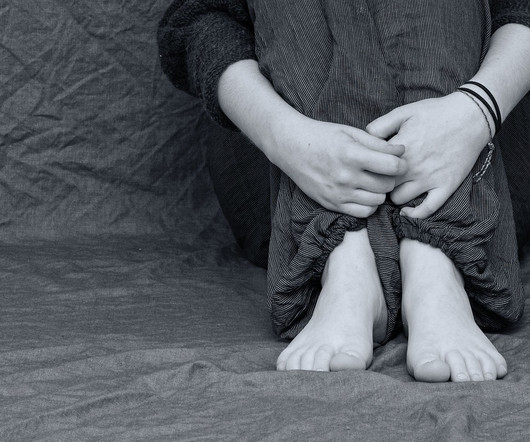

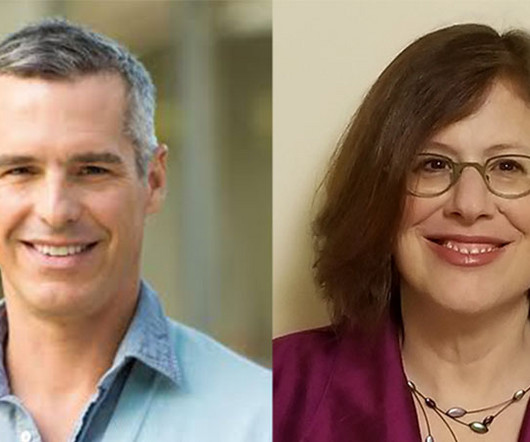

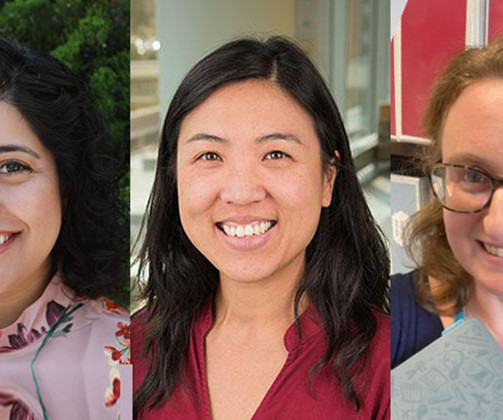

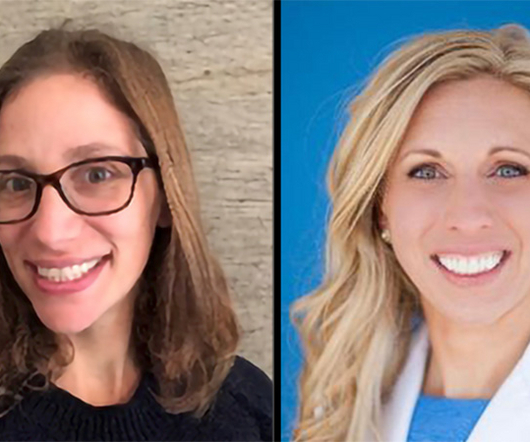
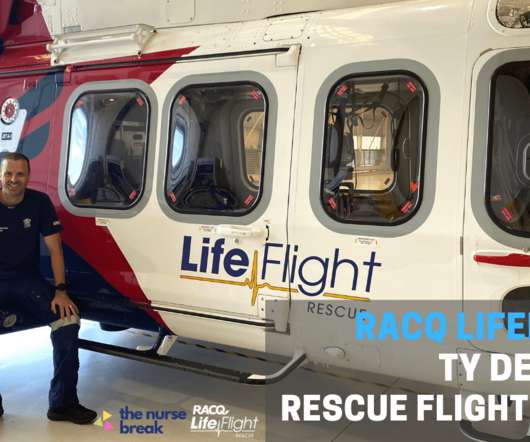

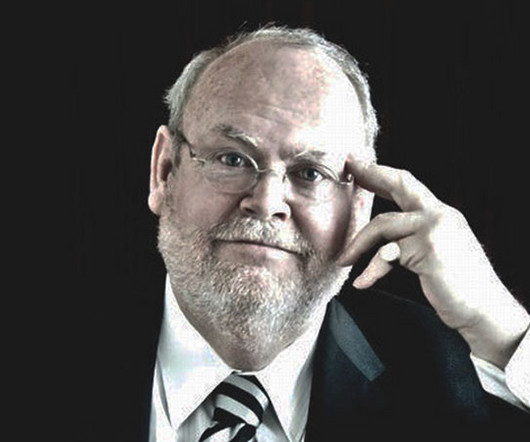
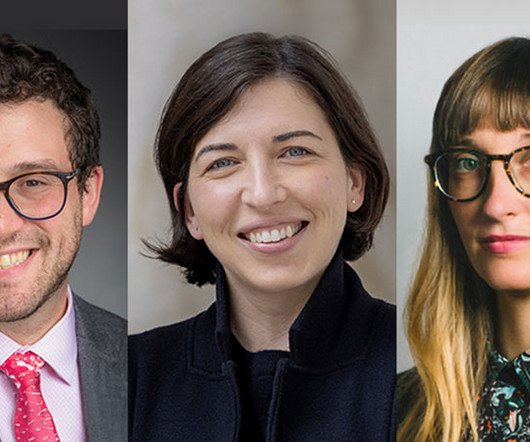
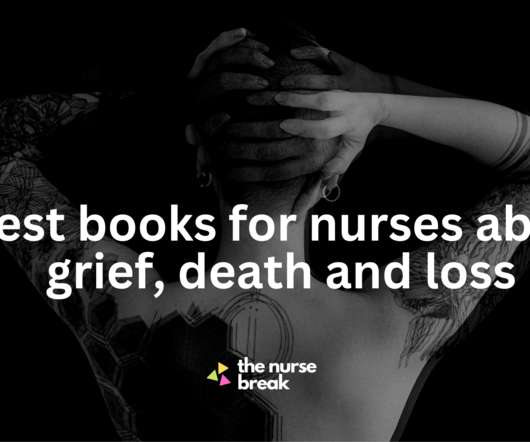
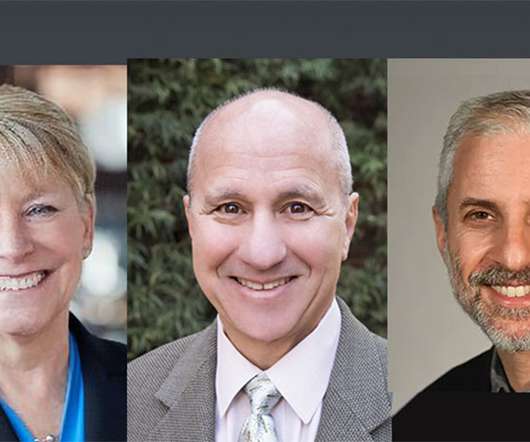
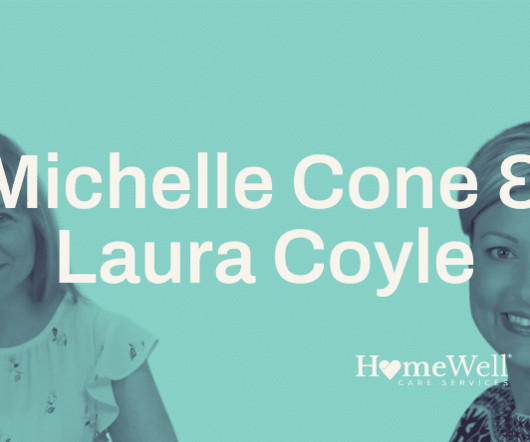









Let's personalize your content